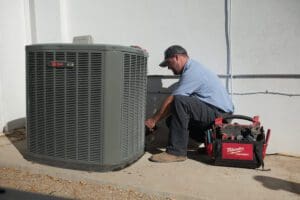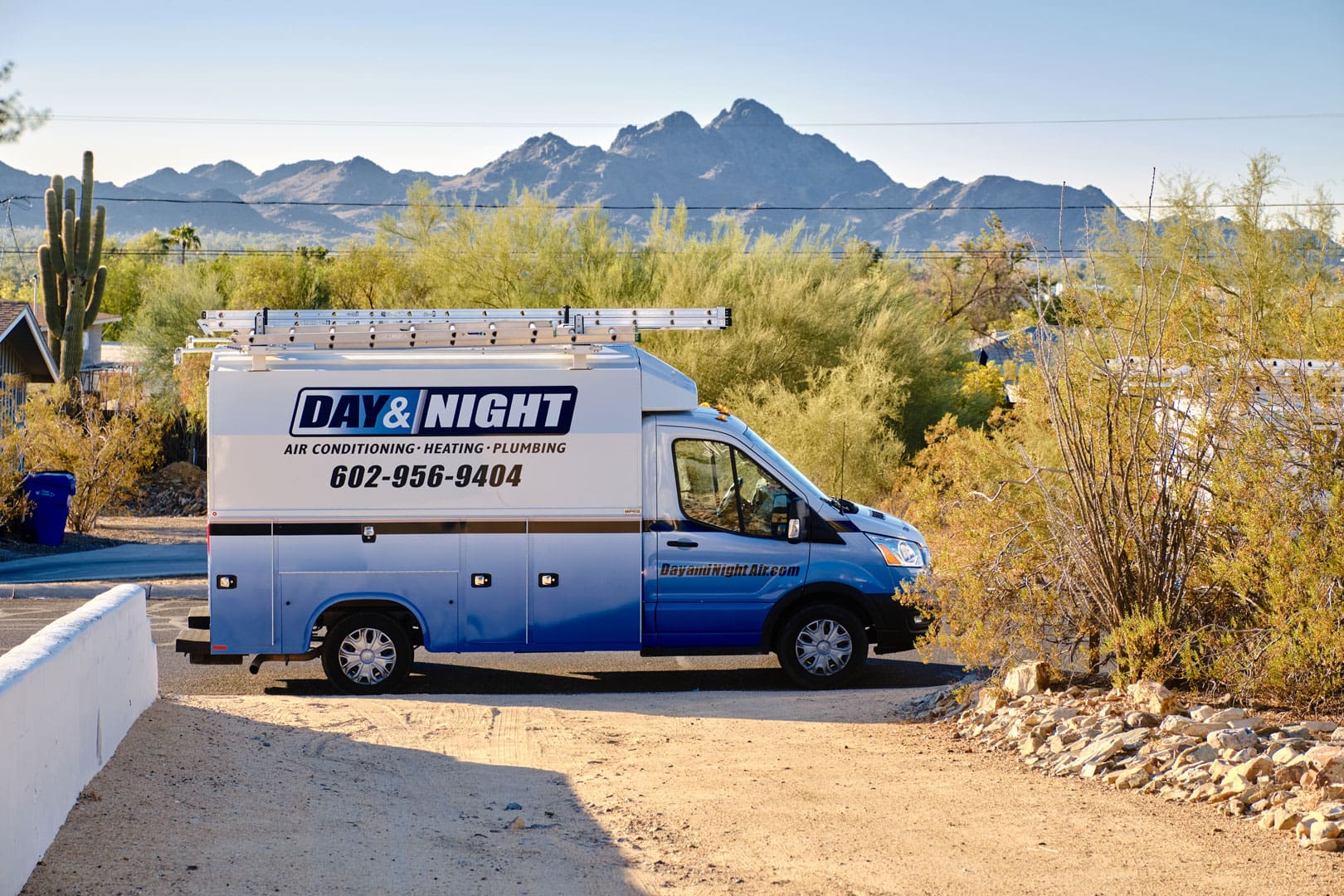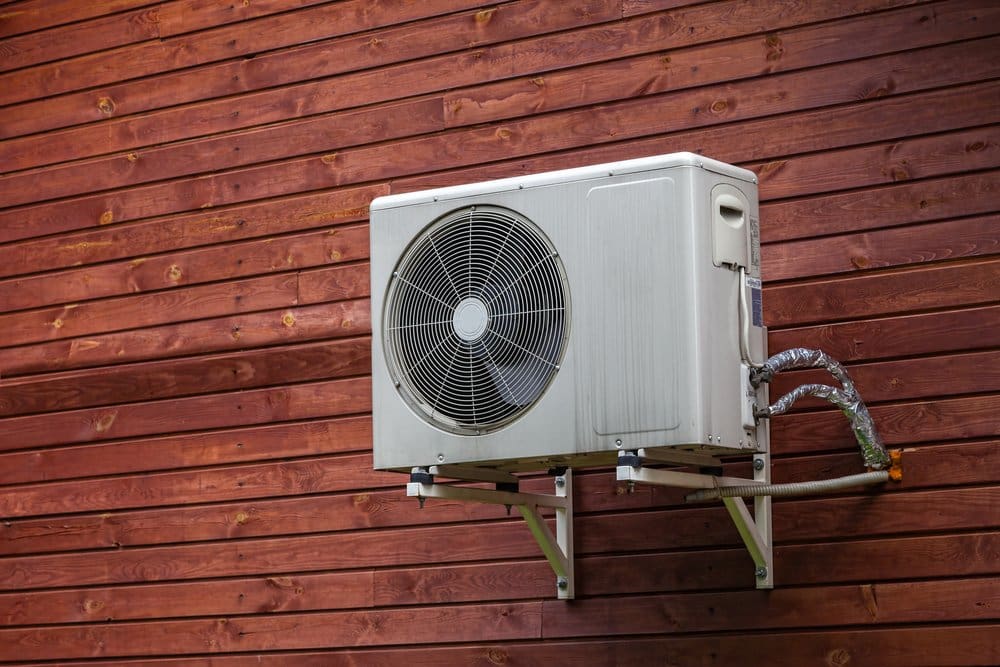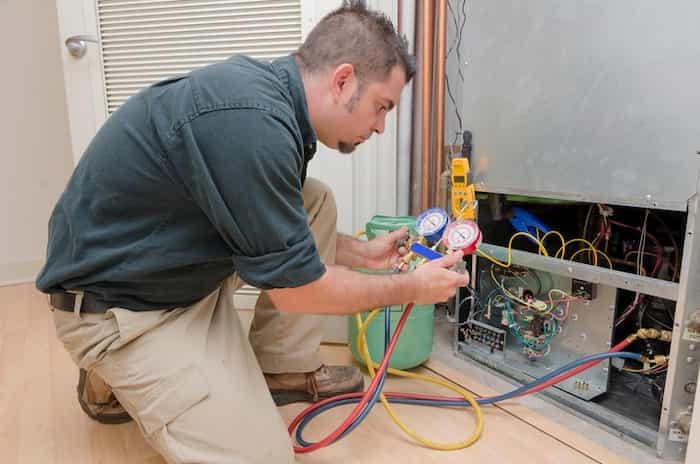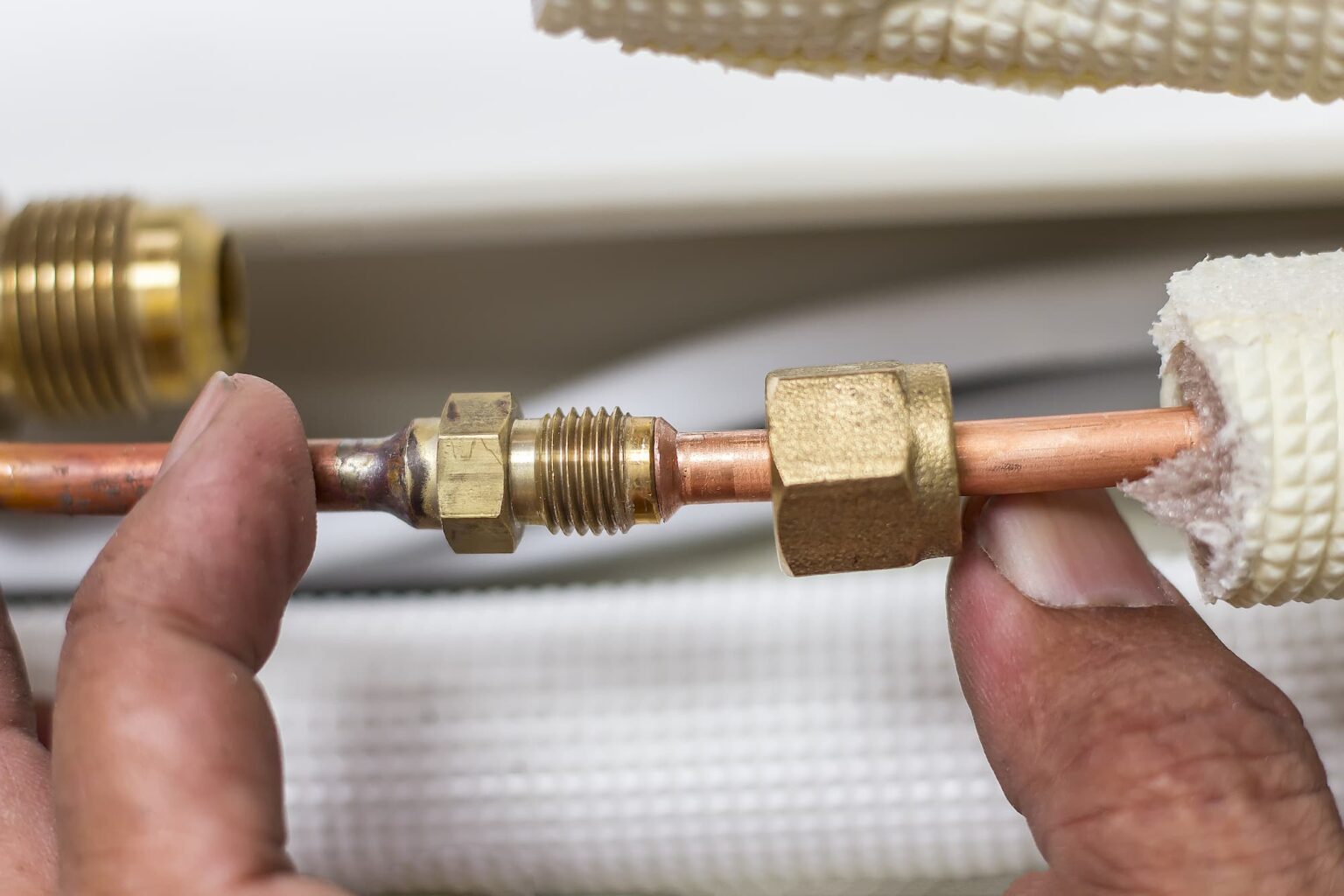All water sources in the U.S ranging from rivers to lakes to wells have some degree of contamination. The type of contaminants varies from natural minerals to chemicals from industrial and environmental pollution.
Stormwater or pesticide runoff, acid rain, and industrial waste contaminate the rivers and lake water quality, which leads to private wells and public water supply contamination from pathogens, hazardous chemicals, and agricultural pesticides.
Most contaminants are not at high enough levels to cause severe illness but can have other health effects due to the constant exposure to small amounts, stay on the safe side with a home water filtration system.
SUBSTANCES CONTAMINATING WATER
Contamination doesn’t happen from a single source. Any of the following can impact the quality of your drinking water:
Organic Material: Pesticides, herbicides, fungicides, and insecticides.
Volatile Organic Chemicals (VOC): solvents, gasoline additives, degreasers.
Trihalomethanes: A byproduct that occurs when the chlorine in treated drinking water combines with natural organic matter.
Pathogens: Micro-organisms such as bacteria, viruses, and parasites that cause disease.
Inorganic material: These are toxic metals, including chromium, lead, mercury, and arsenic.
Scale: Hard water with a high content of minerals such as magnesium or calcium can cause lime deposits on your pipes and appliances.
Water regulation standards don’t include the elements on this list. Filtration can protect you and your family from a multitude of contaminants.
TYPES OF WHOLE HOUSE WATER FILTRATION SYSTEMS EXPLAINED
A whole house water filtration system can fix problems with your water’s appearance, taste, and quality. The filter connects to your water line and screens the contaminants out. All sources of water go through the filter before it reaches your faucets, plumbing, dishwasher, and washer.
The type of system you need depends on which contaminants are in your water; these contaminants vary based on whether you receive your water from a well or municipal system.
People who receive their water through a municipal source should use a carbon filtration system to remove common contaminants such as VOCs, odor, and chloramines. The whole house filtration system may need to be catered specifically to the type of contaminant found in your home.
If you have a problem with high iron content in your water causing rust or staining, for example, you need a system designed for iron removal. A softener, by contrast, is not a type of filter but softens water high in minerals that cause scaling or staining. It’s ideal to combine a softener with a whole house filtration system.
THERE ARE TWO PRIMARY TYPES OF WHOLE HOUSE WATER FILTRATION SYSTEMS:
Heavy Duty Filtration System: This is the most comprehensive type of contaminant removal system. A large tank equipped with filter approximately 50 inches tall cleans your water for 5 to 10 years before needing to be replaced. It’s an ideal route for those who prefer to have fewer maintenance requirements.
Standard Capacity Water Cartridge: These systems have a filter about 10 to 20 inches and require maintenance every year. They’re a bit more affordable, but need more support to function correctly.
BENEFITS OF USING A WHOLE HOUSE WATER FILTER
– Longer life for appliances, pipes, and fixtures
– Sparkly spot-free glasses and dishes
– Showers, tubs, toilets, and sinks without scale buildup
– Healthier water for showering and bathing
– Brighter and cleaner clothing that lasts longer
– Healthier hair and skin
Municipal water is still not free from all contaminants that can impact your water quality. A whole house water system gives you peace of mind knowing that you, your family, and your home are protected. Your skin can absorb these in trace amounts when bathing or showering, so you need to be careful about what you expose yourself to and how much.
You might not have a specific contaminant issue. In this case, a whole house carbon filtration system can give you a single multi-purpose system. A particular contaminant will require you to have a system targeted for this type of removal to be effective.
You’ll want the expertise from professional plumbers when acquiring your system because most people don’t have the plumbing experience to install it properly. You could run into problems with old plumbing or discover that you’re not up to the difficulty level that installation requires.
In the beginning, you’ll analyze your home’s needs and identify what contaminants are in your water that requires filtration. Then, with our professional advice, you can choose the perfect water filtration system. Allow us to take care of the hard part and enjoy your crisp, clean water with your new ready to use water filtration system.
Don’t waste any more time dealing with contaminated water. Invest in a water filtration system for peace of mind knowing that you are doing everything you can to protect yourself and your family.

